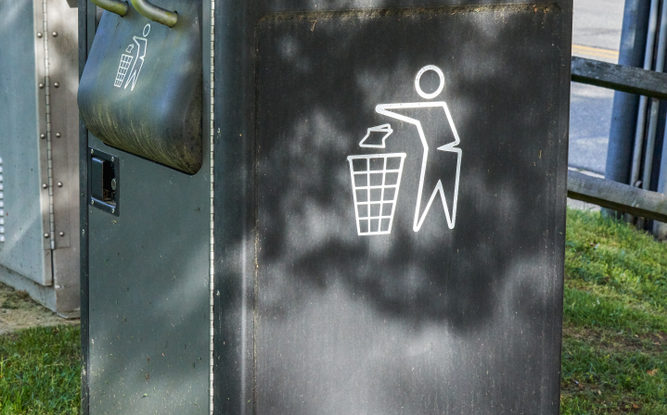
The city of Sunderland in England has conducted a trial using solar powered smart compactor trash cans. The trial used real-time performance testing to assess the benefits of the technology and to decide if the best value could be achieved for the city. The pilot project was conducted in partnership with BAI Communications (BAI).
Liz St Louis, director of Smart Cities at Sunderland City Council, said: “We know that technology has the capability to deliver advancements across health, education, and more, including our own council services, enabling us to deliver a continuously improving offer to residents, businesses, and visitors to the city. In our digitally connected, smart city, it is great to see our ambitious plans coming to fruition. Many pilots, such as the smart bin trial, are helping us to make better, data-informed and more sustainable decisions.”
The smart bins use a solar powered ram that compacts the waste inside, which enables each can to store up to five times more waste than an equivalent size standard can. Sensors within each can constantly transmit data to the council’s environmental services team regarding the quantity of waste inside them, so that they may be emptied on an optimized schedule. The sensor and transmission system can be retrofitted into a range of equipment to upgrade existing commercial or public trash cans across the city.
Andy Wilson, Environmental Services manager at Sunderland City Council, stated: “The introduction of smart bins and associated technologies has the potential to enhance a modern intelligent waste management system, which in turn can contribute to wider sustainability goals within our low carbon action plan. The smart bins don’t need to be emptied as often, which is not only great for the city’s carbon footprint, but also represents considerable fuel savings too with the added benefit that the time saved helps to enable staff to focus on other duties and enhancement work.”